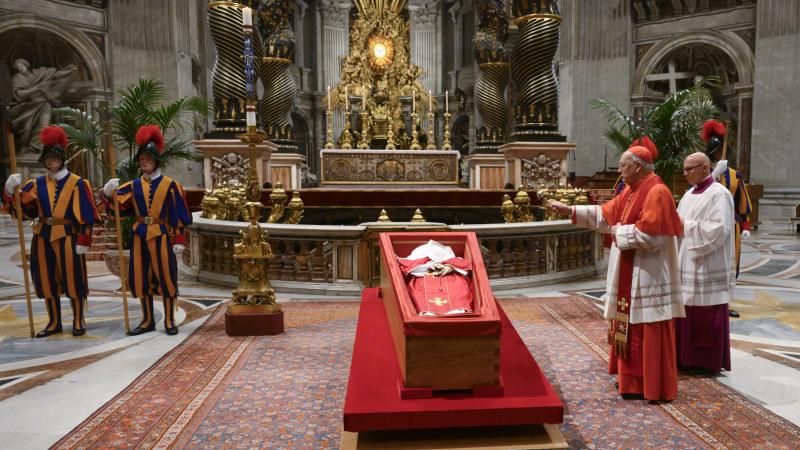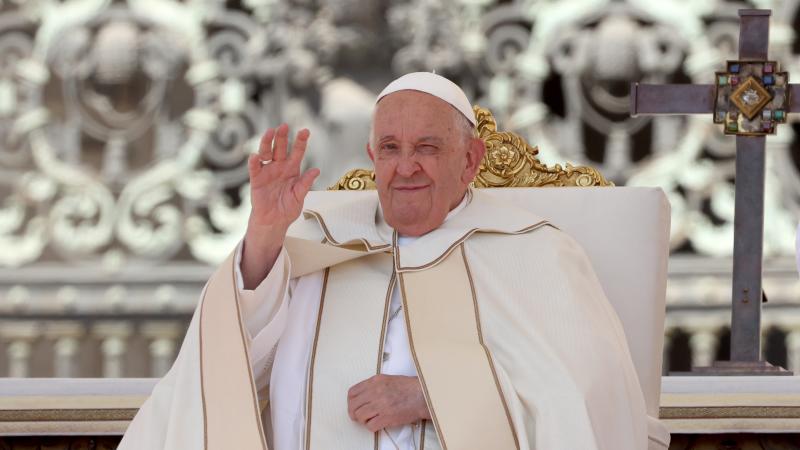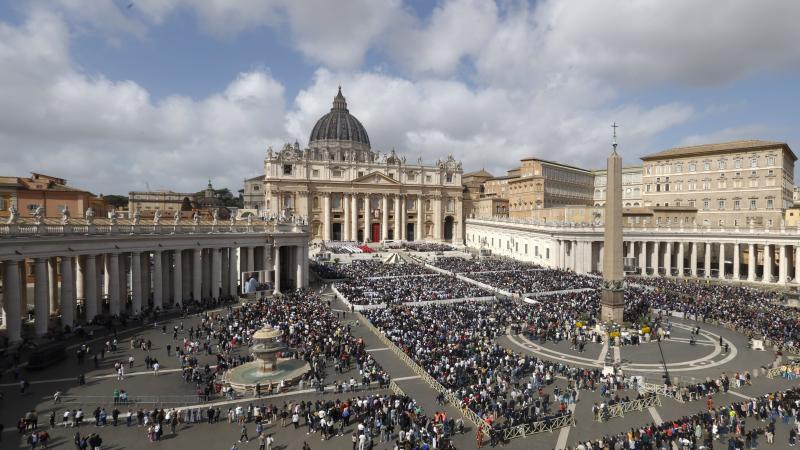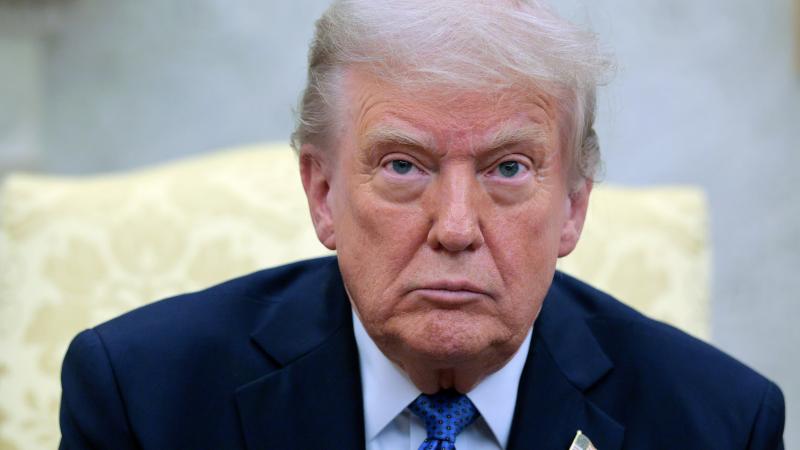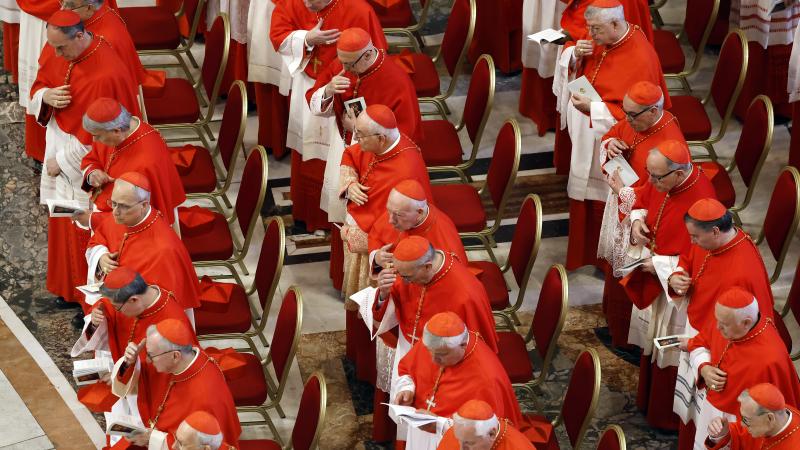Catholic Church begins delicate process of assessing Francis legacy, where next Pope will take it
Over his 12-year papacy, Francis – who in some corners was referred to as “The Woke Pope” – was a transformative but polarizing figure.
With the official funeral for Pope Francis having concluded, Catholic Church leaders now begin the process of addressing the Pope's unfinished business and deciding who will be the next Pope to carry out that process.
Over his 12-year papacy, Francis – who in some corners was referred to as “The Woke Pope” – was a transformative but polarizing figure. He worked tirelessly in service of sometimes divisive issues including LGBTQ+ rights, the role of women in the church, a welcoming policy toward migrants and refugees, casting the fight against climate change as a moral issue and prioritizing the normalization of relations with China.
Many of the pontiff’s views were symbolically important. He formally approved allowing Catholic priests to bless same-sex marriages and wrote an encyclical (a formal papal letter to bishops) on the importance of environmental protection. But none of his views in this area has been codified into Catholic canon law.
That means it will be up to the next pope, the Vatican bureaucracy, and other influential figures to determine whether to build on Francis’s work or start to roll back his legacy.
At least in the U.S., Catholics appear split on the topic, with some pining for a return to a more traditional role for the church and others saying Francis didn’t go far enough in his views.
The convention wisdom is that likely progressives including Philippine Cardinal Luis Tagle (the “Asian Pope Francis”) and Matteo Zuppi, an Italian cardinal (known for his outreach to marginalized groups) as well as conservatives Hungarian Cardinal Péter Erdö (a traditionalist who criticized many of Francis’s views) and from Africa, Cardinal Robert Sarah of Guinea (a defender of traditional views on sexual morality) are all on the short list.
The odds-on favorite is clearly Italian Cardinal Pietro Parolin, the current Vatican secretary of state and one of Francis’s loyal lieutenants. Parolin is generally seen as a moderate pragmatist who balances both sides of the spectrum.
“The past shows us that it is folly to try to predict the next pope or the future direction of the church before a conclave,” British national Alistair Sear, a retired church historian, told Just the News. “Before he was elected in 1978, hardly anyone knew who Karol Wojtyla [who became Pope John Paul II] was or what kind of pope he would be.
“We more or less knew Pope Benedict XVI’s views before he was selected in 2005, but he wasn’t a shoo-in, and in 2013, Bergoglio [who became Pope Francis] was a surprise to everyone both in terms of his election and in the views that he promoted,” Sear said.
The election comes at an inflection point for church watchers, amid a global backlash against “woke” policies.
Around the world, Christian countries are generally less tolerant of homosexuality, the role of women in the church is a source of intense internal debate and a wave of anti-migrant sentiment is seen as punishing incumbents last year in Europe and in the U.S., where Donald Trump used the issue as a key plank in his dramatic return to the White House.
Views on climate change are evolving, but polling still shows that a third of Christians believe evidence of the phenomena is insufficient, while the Trump administration’s tariffs have squarely put countries’ views toward China in the spotlight, even as Beijing’s response to Francis’ death has been muted.
The Facts Inside Our Reporter's Notebook
Links
- The Woke Pope
- LGBTQ+ rights
- women in the church
- migrants and refugees
- the fight against climate change
- the normalization of relations with China
- priests to bless same-sex marriages
- the importance of environmental protection
- Catholic canon law
- Catholics appear split on the topic
- Philippine Cardinal Luis Tagle
- Matteo Zuppi, an Italian cardinal
- Hungarian Cardinal Péter Erdö
- Cardinal Robert Sarah of Guinea
- odds-on favorite
- Italian Cardinal Pietro Parolin
- Alistair Sear, a retired church historian
- global backlash against âwokeâ policies
- less tolerant of homosexuality
- the role of women in the church
- punishing incumbents last year in Europe
- his dramatic return to the White House
- Christians believe evidence of the phenomena is insufficient
- China in the spotlight
- Beijingâs response to Francisâ death has been muted

